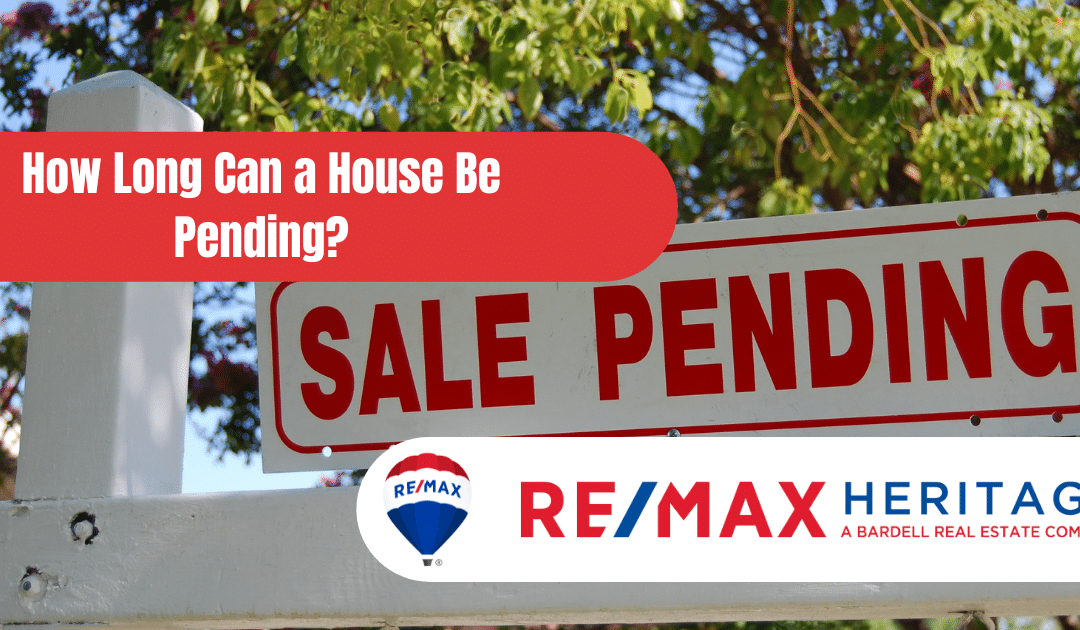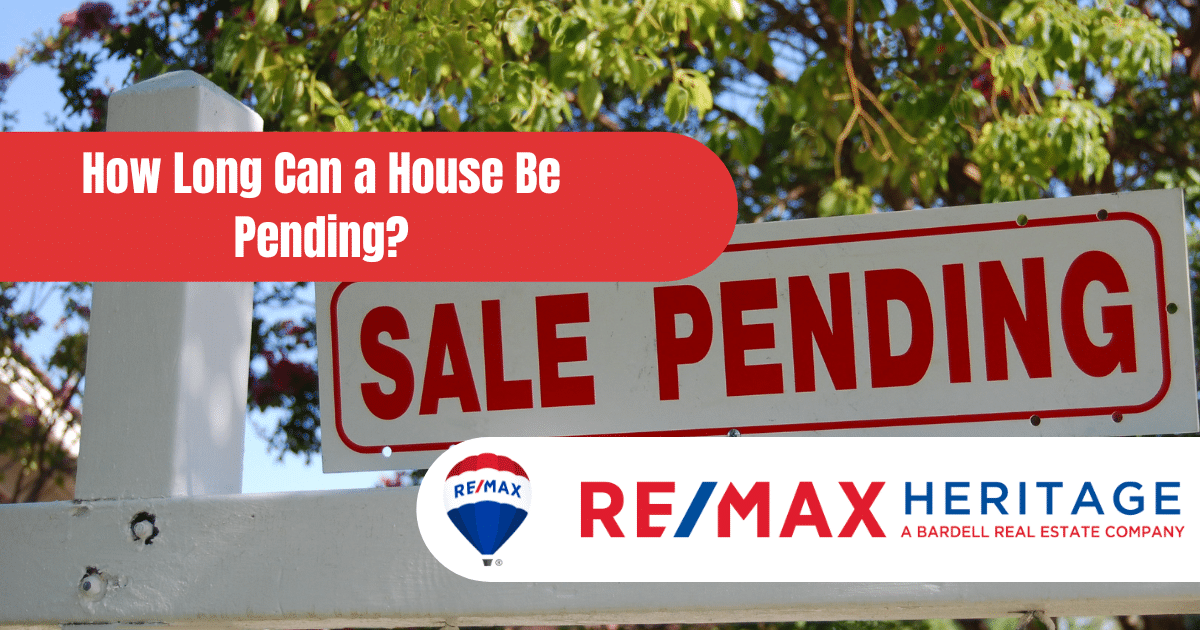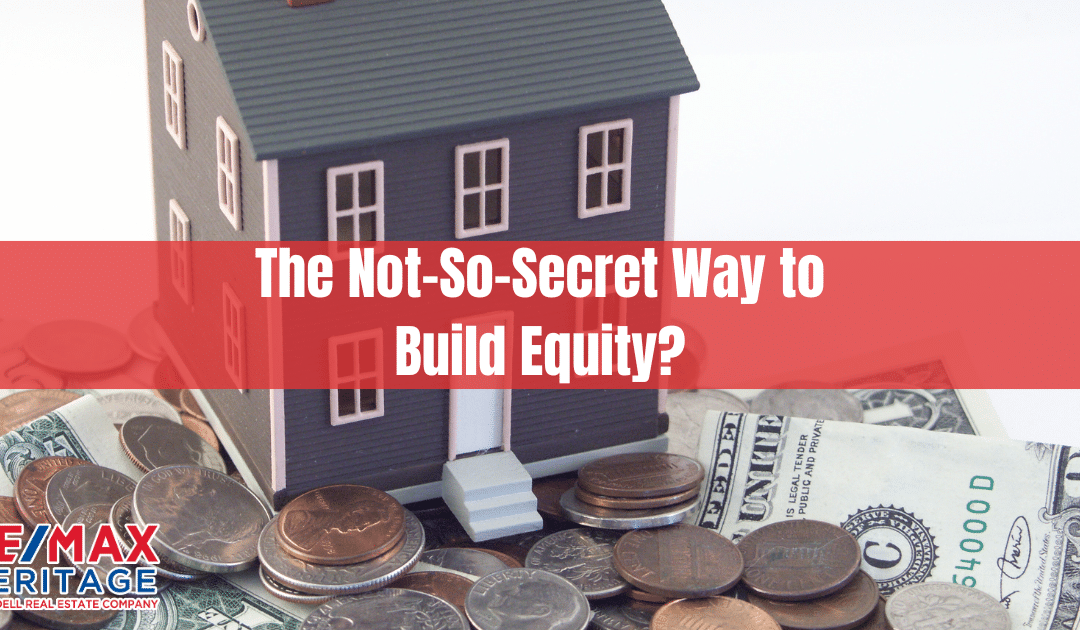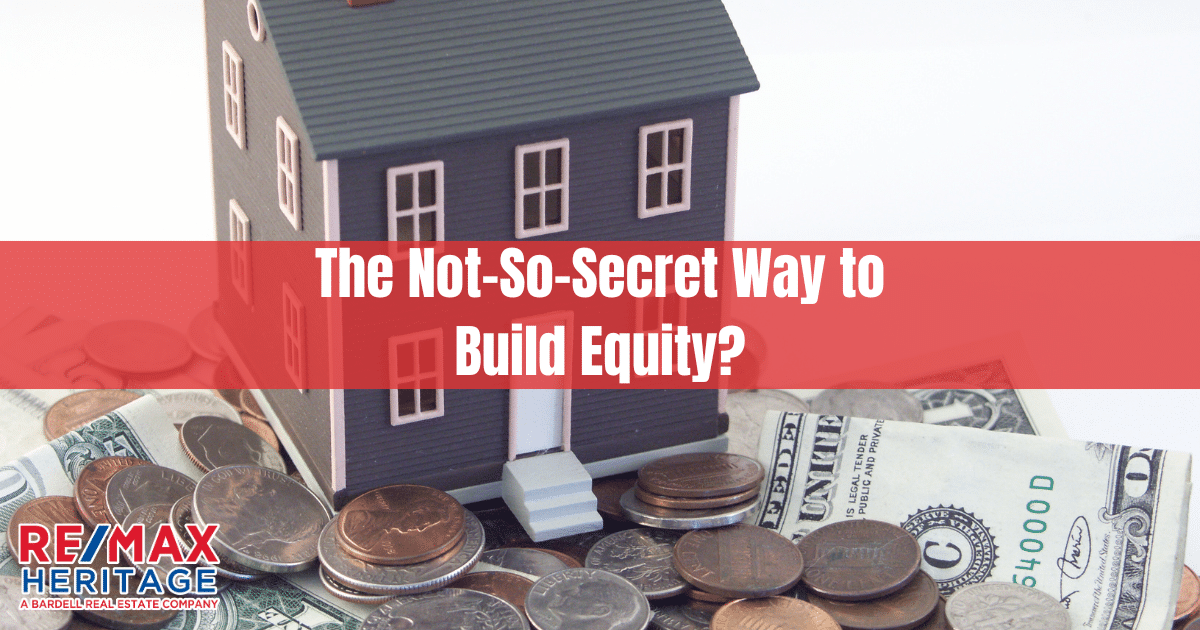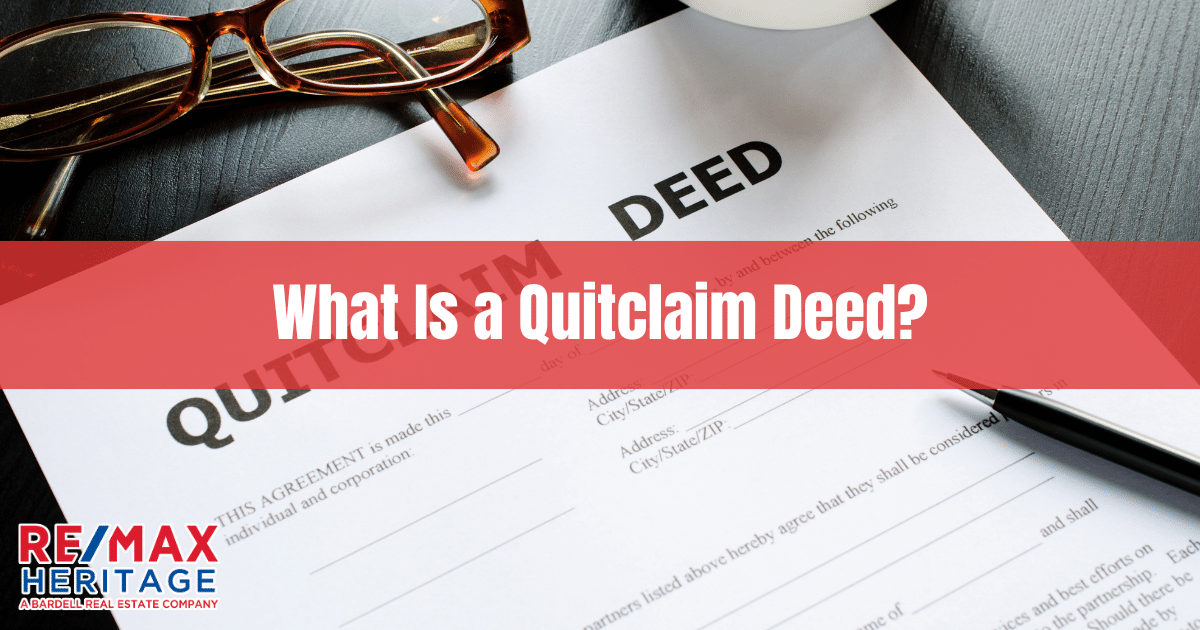
Questions to Ask a Real Estate Agent When Selling Your Home
Questions to Ask a Real Estate Agent When Selling Your Home

Questions to Ask a Real Estate Agent When Selling Your Home
The up and down roller coaster ride of the real estate market and continued fluctations in interest rates can leave sellers scratching their heads, wondering how to price their homes correctly.
To begin with, you should hire afantastic listing real estate agent. These professionals will have the tools and background needed to help you sell your home in today’s market. But there are specific questions to ask so that you can pinpoint the right professional for you.
It’s smart to be picky! A great real estate agent can help find buyers to sell your home fast, and for the most money. Make the wrong choice, and your listing might languish. Then, the lowballing bargain hunters come circling—it’s not pretty.
Not sure where to get started? You can search for real estate agents in your area with online tools that offer you the chance to read real estate agent reviews from previous clients. From there, you’ll want to call or meet with a few you like and probe further.
Questions to ask a real estate agent when selling a home
Here are some important questions to ask your agent when selling your home, from sales plans to listing costs.
1. What are your credentials?
As you start out to sell your home, at the very least hire an agent who has a state license and belongs to the local real estate trade association. This means that they will have access to the multiple listing service, or MLS, and can list your property far and wide to attract buyers.
2. How many sales did you close last year?
A real estate agent’s past performance doesn’t guarantee a quick sale. Their track record of success with buyers and sellers, though, is some assurance that they are professionals who will know what they’re doing in selling your home.
Ask potential agents about how many clients they’ve worked with in the past and about the price range of the homes they have sold. You ideally want someone who knows just which real estate features will be valued by buyers in the appropriate income bracket. You may also want to ask for recommendations from previous clients.
3. Do you specialize in this neighborhood?
Having a local expert can be a huge advantage for sellers. Local agents will be aware of any upcoming developments in the area, plus plans for stores or other amenities that might affect the value of your property, how quickly it will sell, and the price you’re likely to get. They’ll also know what local buyers are looking for in real estate.
“Working with local agents who know the area and the market is essential – but look for agents who’s marketing reach also extends beyond your neighborhood and zipcode” says Steve Silcock, Broker Owner at RE/MAX Heritage
After all, your agent needs to be able to not only sell your home, but your neighborhood.
4. How do you arrive at the listing price?
Few things are as important to a seller as the discussion of how to price your home, and your real estate agent’s ability to land on a listing price that is pitched at just the right level for the local market.
A property that is priced too high will languish, eventually turning off potential buyers; but a home priced too low might leave money on the table.
Make sure your agent is knowledgeable about the local market and what similar homes have recently sold for. This will help you arrive at the right price. Be sure to get answers to any of your questions about the process of pricing your home.
5. Whom will I be working with?
You want to find out if you will be working with one specific real estate agent or a member of the agent’s team. Each scenario has pros and cons for sellers, so ask lots of questions. Different agents work with clients in different ways.
6. How much will selling my home cost?
Ask several questions about the costs that you, as the seller, will be paying in the real estate transaction, such as broker’s commission, closing fees, and anything else, so you can plan accordingly—and compare from one agent to the next. This should all be covered in the listing agreement with the real estate agent.
7. What is your sales plan?
A good agent should have a written plan for selling your home that identifies the marketing plan for your property to attract buyers, from listing services to open houses to social media. A comprehensive plan helps ensure you’ll capture buyer interest.
“Buyers are searching online” says Silcock. He advises using an agent who has the capability to provide professional photography, a custom website, and even video, if appropriate. This will make the best impression on buyers.
8. What should I do to get my house ready?
See what the agents’ advice is for necessary repairs or upgrades or what hacks they might suggest for budget-friendly but impactful improvements that would attract buyers. Find out if they suggest staging services or just a good cleaning and decluttering.
Also, ask questions about whether the agents are willing to accommodate your schedule and what days and times they prefer to show houses.
9. How will we communicate?
If you’re a texter and your real estate agent prefers lengthy phone calls, that could present a problem. Likewise, you might prefer the personal touch of a call over an email. Knowing the method and frequency of communication can be important in selling your home. Your agent should also be available to answer any questions that you have along the way.
10. How long will the process take?
While no agents can guarantee how fast the sale and full real estate transaction will go, they should be able to give a ballpark range on how long it will take to sell your house. The national average is about a month, but it does depend heavily on your local market.
Experts in Residential Real Estate in Orlando
If you are BUYING or SELLING real estate it’s quiet often the single most important financial decision you make. For the last 30 years we have helped clients buying and selling property in Orlando and the surrounding areas. Put simply, this means the knowledge and expertise accumulated over this time ensures our clients get the best representation possible.
Our experienced agents will help and guide you through the entire process providing valuable support every step of the way.
Ready to make a Move?
Bardell Real Estate are the experts in helping you with your selling, buying or renting needs near Orlando, Florida. Make your Disney area experience a forever memorable one. Call us now to speak to a real estate agent.

